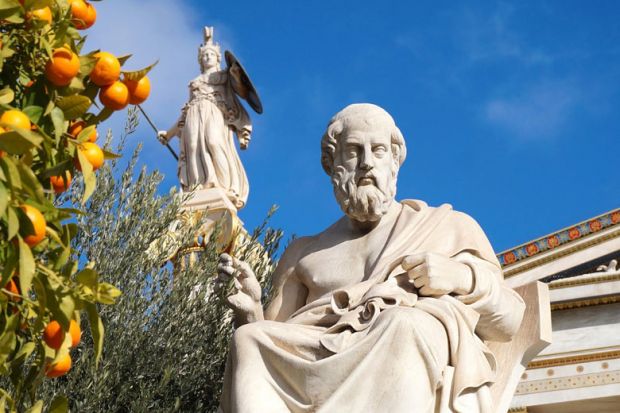There are accusations directed towards uneducated white people, white women, Bernie Sanders and his supporters, liberals and even Hispanic voters – to give some examples.
The power of Socratic dialogue lies in its form, not in each of its particular results. And the same holds of democracy. If the “correct” organisation of a society were clear to anyone of sufficiently enlightened views, we would need not democracy but technocracy. The belief that reasonable people can disagree is essential to democracy, and our role as teachers in a democratic society is to be rigorous and vigilant in pushing for critical reflection on all views – including our own.
The importance of education to democracy brings with it the danger of misunderstanding its role. The danger of smugness and condescension from the educated elite. “As the most educated members of society”, some might think, “we know what’s best, and those who disagree with us are ignorant or at least less enlightened”.
Implicit in elitist reasoning is a kind of commodification of education: it treats education as a resource that is unevenly distributed, where those more endowed must grudgingly give voice to those less endowed. The presumed solution on this view is a better distribution of resources – we should pass our enlightened views on to those who are unfortunate enough not to have yet had the opportunity to share them.
Education on this picture becomes a one-way street: those in the position of privilege confer their greater wisdom on the less privileged. Philosophical questioning can help us to avoid the elitism trap too.
For sure, philosophy can resolve into a series of intra-academic debates that bear no relevance to the world. Yet it doesn’t have to. The current political circumstances suggest that if philosophy really is a tool for critically engaging with issues and understanding them better, this is a good moment for bringing it out of the ivory tower. Philosophical tools are not simply good tools for a flexible work-mindset. They are tools assessing things, and thinking of solutions.
Plato was clearly optimistic about the value of a philosophical education for society. “If we…educate them in it, even justice itself won’t blame us, and we’ll save the city and the constitution,” he says in Republic.
His slogan today would probably be something that is also spreading on social media: “Make America think again”.



No comments:
Post a Comment